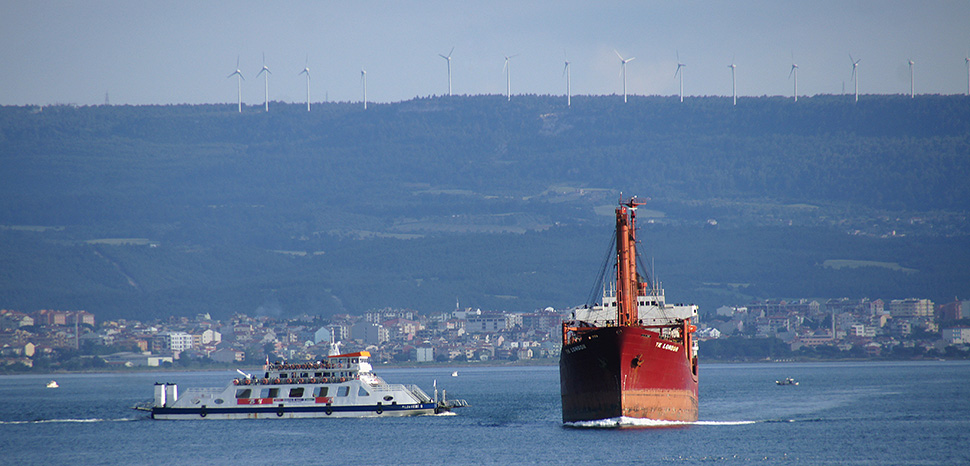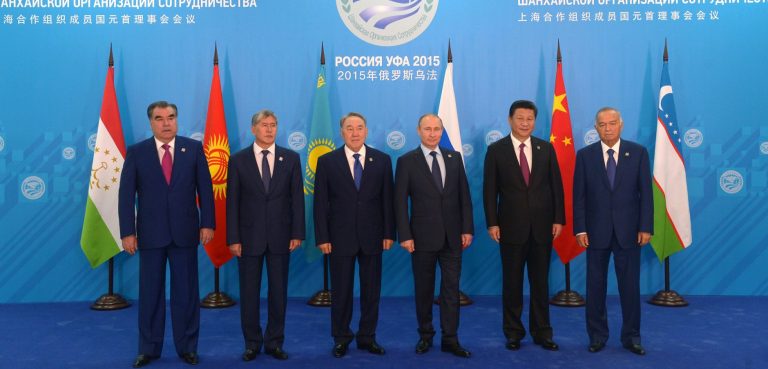In the midst of the protracted conflict between Russia and Ukraine, a significant diplomatic achievement was realized in July 2022: the Black Sea grain deal. This accord, meticulously brokered by the Türkiye and the United Nations, facilitated the export of commercial food and fertilizers from three pivotal Ukrainian ports in the Black Sea – Odessa, Chornomorsk, and Pivdennyi.
This agreement was not merely a testament to the efficacy of diplomatic negotiations, but also a crucial intervention in the global food market, which had been severely impacted by the ongoing conflict. By ensuring the export of grain and fertilizers, the agreement offered a potential solution to the escalating food insecurity crisis, exacerbated by the persistent hostilities.
However, this diplomatic triumph was ephemeral. In 2023, the Russian Federation unilaterally decided to terminate the agreement. This abrupt cessation of the Black Sea grain deal had far-reaching implications that extended beyond the immediate geographical confines of Ukraine and Russia. The termination of the agreement disrupted the precarious equilibrium that had been established and had a profound impact on the global food market. The reverberations of this decision continue to be felt, underscoring the intricate and complex interplay between geopolitics and global food security.
The Black Sea Grain Deal: A Brief Overview
The Black Sea grain deal, conceived as a strategic initiative, was a meticulously designed solution to a complex problem. It aimed to ensure the export of Ukrainian grain via the Istanbul Strait, a critical waterway connecting the Black Sea to the Mediterranean. This initiative was necessitated by the limitations and logistical challenges associated with alternative methods of transport. Road or rail transport through Poland, or canal and river transport through Romania, were deemed less efficient and more susceptible to the vagaries of the ongoing conflict.
The deal was a remarkable testament to the diplomatic prowess of Türkiye, the United Nations, and the Russian Federation. It was a beacon of hope in a landscape marred by conflict, promising to alleviate the escalating food insecurity that had been exacerbated by the ongoing hostilities.
The agreement facilitated the export of food and fertilizers from three key Ukrainian ports in the Black Sea: Odessa, Chornomorsk, and Pivdennyi. In a display of intricate planning and coordination, ships were guided into the international waters of the Black Sea, skillfully avoiding areas that had been mined. This ensured the safe passage of these vessels, carrying their precious cargo to markets beyond the immediate conflict zone.
Moreover, the deal had a broader geopolitical significance. It served to minimize the impact of international sanctions on the export of Russian food and fertilizers. In doing so, it not only ensured the continued flow of these critical commodities but also underscored the potential of diplomatic negotiations to navigate the complexities of international sanctions.
The Termination of the Deal and Its Far-Reaching Implications
Despite the initial success of the Black Sea grain deal, the landscape of the agreement underwent a drastic change in 2023 when Russia decided to terminate the agreement. This decision has had profound implications on multiple fronts. Ostensibly, Russia’s decision was rooted in the West’s perceived failure to honor the second part of the deal, which was designed to facilitate greater Russian agricultural exports. However, the West posits a different narrative, contending that the decision was driven by Putin’s desire to curtail the economic benefits accruing to Ukrainian farmers from grain exports.
The termination of the deal has had a ripple effect on the global food market, triggering a surge in wheat prices due to the disruption of Ukrainian grain exports. This has not only strained the global food supply chain but also amplified the economic burden on countries heavily reliant on wheat imports.
The impact of the deal’s termination extends beyond the global food market and has had a significant bearing on Ukraine’s economy. The potential decrease in sowing for the 2023-24 season, a direct consequence of increased stockpiles, threatens to undermine Ukraine’s agricultural sector, a critical pillar of its economy.
The geopolitical implications of the termination of the deal are equally significant. Russia’s decision to end the deal is widely interpreted as a strategic move to exert pressure on the West and constrict Ukraine’s economic options. This has further strained Russia’s already tenuous relations with the West and has escalated tensions in the Black Sea region.
In the wake of the deal’s termination, if Türkiye and Ukraine persist in their efforts to transport grain through the Black Sea, the unfolding scenarios could have far-reaching implications. One potential course of action could be to negotiate a new grain agreement with Russia. If successful, this could potentially alleviate the current food crisis and de-escalate tensions. However, a failure in negotiations could exacerbate the strained relations and further destabilize the region.
The most alarming scenario is the potential escalation of conflict if Türkiye and Ukraine proceed with grain transportation without Russia’s consent. This could be construed as a direct challenge to Russia’s authority, potentially eliciting a military response and leading to increased violence and instability in the region.
Regardless of the scenario that unfolds, the insistence on transporting grain through the Black Sea will have profound economic and humanitarian implications. The disruption of grain exports has already resulted in soaring wheat prices and increased food insecurity. If the blockade on grain exports persists, it could exacerbate the global food crisis and have severe consequences for countries dependent on Ukrainian grain.
The Montreux Convention Regarding the Regime of the Straits, signed in 1936, adds another layer of complexity to these scenarios. While the convention guarantees the freedom of navigation for civilian vessels, which should theoretically allow grain transportation ships to pass through the straits, the volatile security situation in the Black Sea complicates this matter
Türkiye, as the state with control over the straits, finds itself in a critical position. While it has the responsibility to ensure the freedom of navigation for civilian vessels, it must also grapple with the potential for conflict escalation if it allows grain shipments against Russia’s wishes. Striking a balance between these considerations, in compliance with the Montreux Convention, poses a significant challenge for Türkiye.
Conclusion
In conclusion, the discontinuation of the Black Sea grain agreement has broad implications, impacting not only the immediate parties – Ukraine and Russia – but also resonating throughout the global food market. This action has amplified the issue of food insecurity, put further strain on international relations, and brought to the fore the persistent difficulties in securing a diplomatic resolution to the conflict. As the situation is fluid and continues to evolve, it is of paramount importance to keep a close watch on the repercussions of this decision and to actively seek out alternative solutions to lessen its adverse effects.
The Montreux Convention, while establishing a framework for navigation through the straits, further complicates the situation, underscoring the need for meticulous navigation of the diplomatic terrain. However, it is crucial to highlight the significant advantages that the Montreux Convention brings to the table. It acts as a force for stability in the region, curbing the escalation of conflict by limiting the passage of warships from non-Black Sea states, thereby preserving the Black Sea as a zone of tranquility. Moreover, it assures the freedom of navigation for civilian vessels, which should permit grain transportation ships to traverse the straits, a vital aspect for the sustenance of grain commerce.
Türkiye, as the state with jurisdiction over the straits, plays a pivotal role in this scenario. While Türkiye is tasked with the responsibility to ensure the freedom of navigation for civilian vessels, it must also weigh the potential for conflict escalation if it permits grain shipments against Russia’s preferences. Striking a balance between these considerations in adherence to the Montreux Convention will pose a significant challenge for Türkiye. However, Türkiye’s successful enforcement of the Montreux Convention during the recent conflict underscores its potential to make a positive contribution to regional stability and peace.
The views expressed in this article belong to the authors alone and do not necessarily reflect those of Geopoliticalmonitor.com.




